Infrastructure & Other Business Services
Water Treatment Plant (WTP)
A water treatment plant is a vital facility that ensures the purification of water before it reaches households and industries. It employs various processes such as filtration, sedimentation, and disinfection to remove impurities and contaminants from raw water sources. These impurities may include bacteria, viruses, chemicals, and suspended solids.
See More
The treated water meets stringent quality standards set by regulatory bodies, making it safe for consumption and other uses. Water treatment plants play a crucial role in safeguarding public health by providing clean and potable water to communities. They also contribute to environmental protection by minimizing pollution and preserving natural water resources. Effective operation and maintenance of these plants are essential for sustaining clean water supplies and promoting overall well-being.

Sewage Treatment Plant (STP)
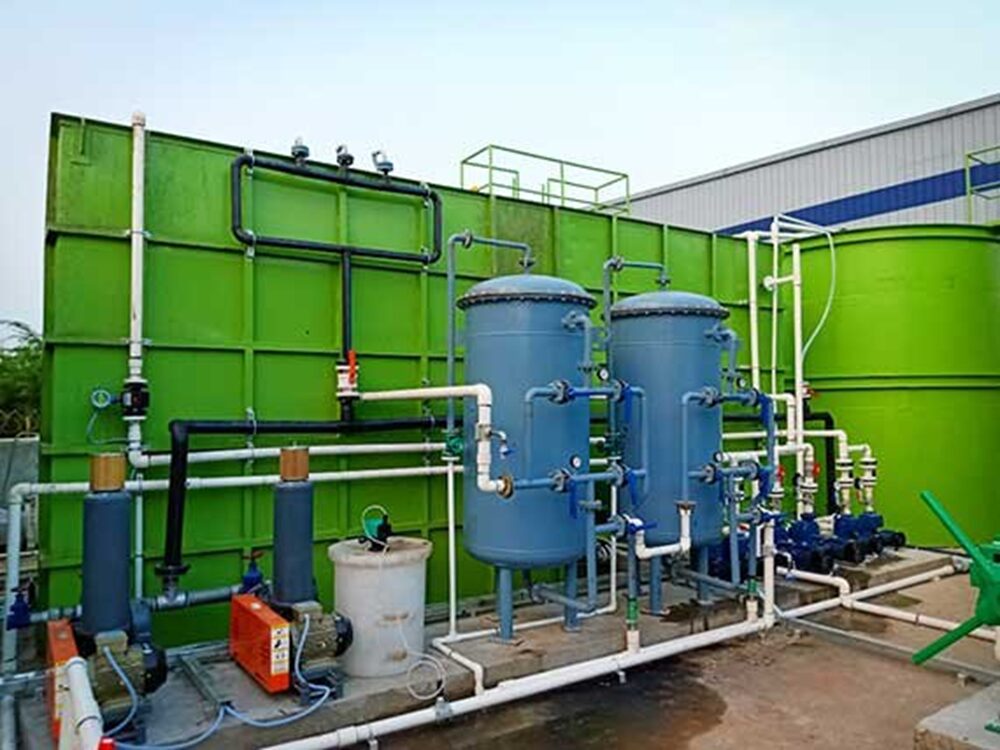
A sewage treatment plant is a facility designed to treat wastewater from residential, commercial, and industrial sources. It employs a series of physical, chemical, and biological processes to remove contaminants and pollutants from sewage. These processes typically include screening, sedimentation, biological treatment (such as activated sludge or trickling filters), and disinfection. The treated effluent is then released back into the environment, usually into rivers or oceans, or reused for purposes like irrigation.
Sewage treatment plants are essential for protecting public health and the environment by preventing the spread of diseases and reducing pollution in water bodies. Proper maintenance and management of these plants are crucial to ensure their effectiveness and compliance with environmental regulations.
Common Effluent Treatment Plant (CETP)
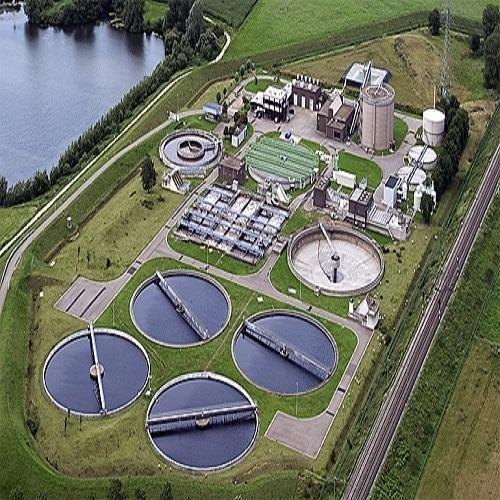
A common effluent treatment plant (CETP) is a centralized facility designed to treat wastewater from multiple industrial units within a specific area or industrial estate. It serves as a cost-effective solution for small and medium-scale industries that may not have individual treatment facilities. CETPs typically employ various treatment processes such as physical, chemical, and biological methods to remove pollutants and contaminants from the effluent.
By pooling resources and infrastructure, CETPs help industries comply with environmental regulations and reduce their environmental footprint. They also promote sustainable water management practices by recycling treated water for industrial processes or returning it safely to the environment. Effective management and regular monitoring are essential to ensure the proper functioning of CETPs and maintain water quality standards.
Roads and Buildings Construction
Roads and buildings construction are integral components of infrastructure development, facilitating transportation and providing essential spaces for residential, commercial, and public purposes. The construction process involves meticulous planning, design, and execution to ensure structural integrity and durability. It encompasses various stages such as site preparation, foundation laying, structural framing, and finishing works. Materials like concrete, steel, asphalt, and bricks are commonly used in construction, depending on the specific requirements and environmental factors.
See More
Quality control measures and adherence to safety regulations are paramount to ensure the longevity and safety of constructed roads and buildings. Effective project management and coordination among architects, engineers, contractors, and stakeholders are essential for successful completion within budget and schedule constraints.

Infrastructure
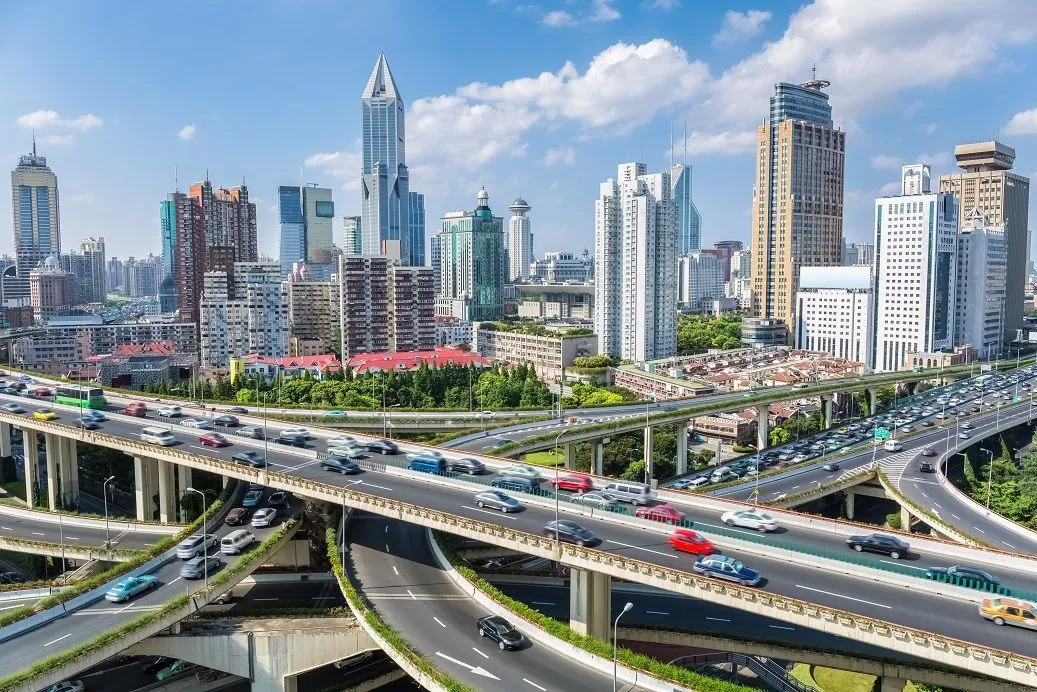
Infrastructure refers to the fundamental physical and organizational structures and facilities needed for the functioning of a society, economy, or system. It includes transportation networks (such as roads, railways, airports, and ports), utilities (like water supply, electricity, and telecommunications), and public facilities (such as schools, hospitals, and government buildings). Robust infrastructure is essential for economic growth, societal development, and quality of life.
See More
Investment in infrastructure improves connectivity, enhances efficiency, and promotes sustainable development. Maintenance and expansion of infrastructure are ongoing challenges to meet the evolving needs of populations and industries. Effective planning, investment, and management are crucial for building and maintaining resilient and sustainable infrastructure systems.
DPR Preparations Consultancy
DPR (Detailed Project Report) Preparation Consultancy involves specialized firms or experts who assist clients in developing comprehensive project reports for infrastructure projects. These reports encompass detailed analyses of project scope, technical feasibility, financial viability, and environmental impact assessments. DPR consultants employ a multidisciplinary approach, collaborating with engineers, economists, environmentalists, and financial analysts to ensure a holistic evaluation.
See More
They conduct thorough market research, cost estimation, risk analysis, and regulatory compliance checks to provide clients with a clear roadmap for project implementation. The expertise of DPR consultants is invaluable in securing funding, obtaining approvals, and navigating complex project requirements. Their insights and recommendations help stakeholders make informed decisions and mitigate potential risks throughout the project lifecycle.
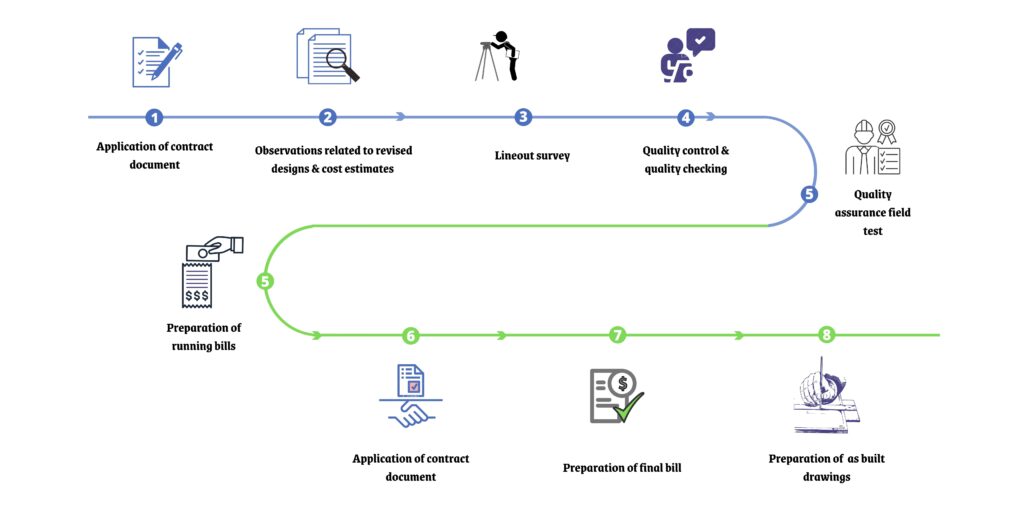
Development Work

Department work refers to the activities, tasks, and responsibilities carried out within a specific department or organizational unit to achieve its objectives. It involves coordination, collaboration, and effective communication among team members to accomplish shared goals. Department work plays a crucial role in driving organizational success, delivering services, and fulfilling the mission of the department within the broader context of the organization.
Import and Export Execution and Supplies
Import and export execution and supplies involve the processes of procuring goods from foreign markets for domestic consumption or exporting domestic products to international markets. It includes tasks such as:
- Customs Clearance
- Transportation Logistics
- Documentation and
- Compliance with Trade Regulations
Effective execution of import and export activities is essential for facilitating global trade, fostering economic growth, and meeting the demands of consumers and industries worldwide.
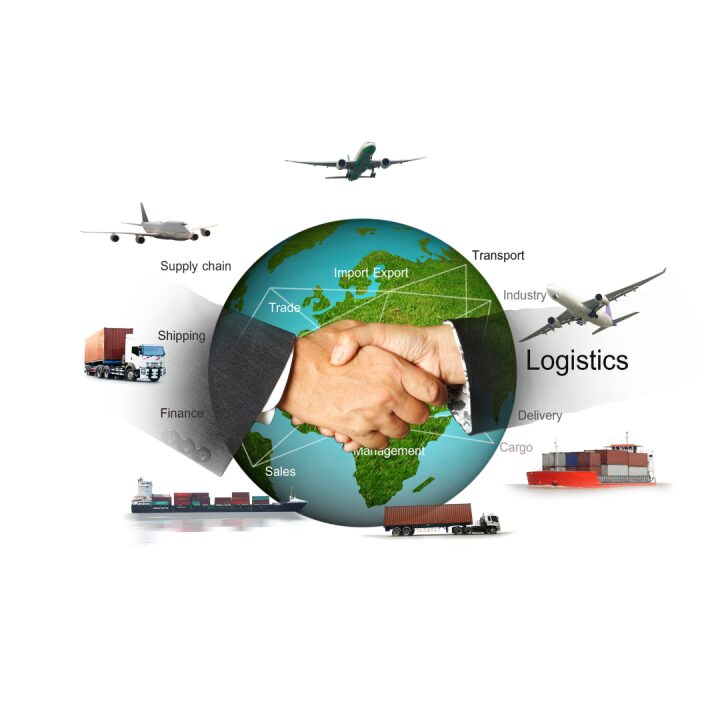
Quick Links
Services
Address
Office: 201, Second Floor, Wing-II, Hans Bhawan, I. P. Estate, ITO, Central Delhi, New Delhi-110002

